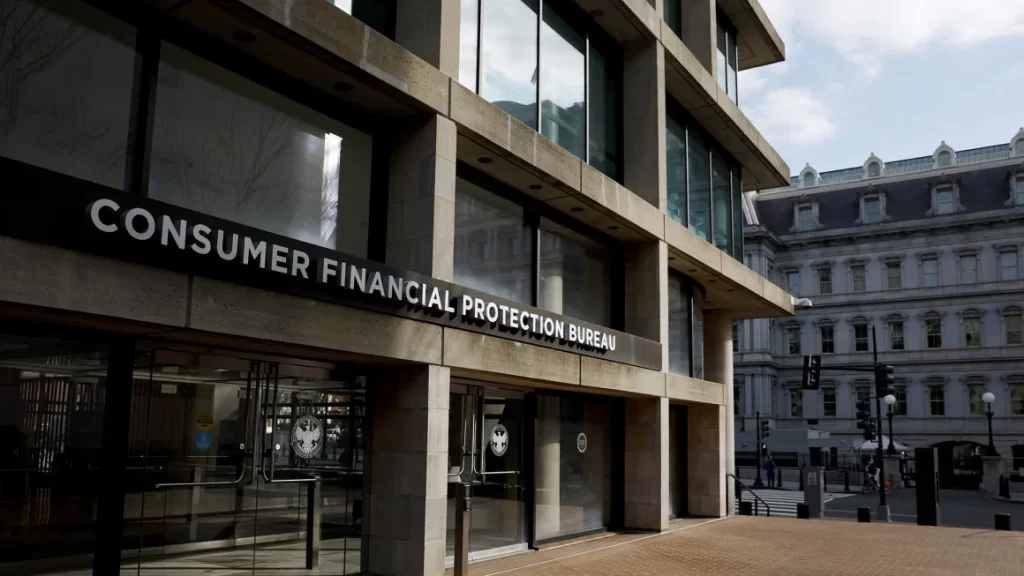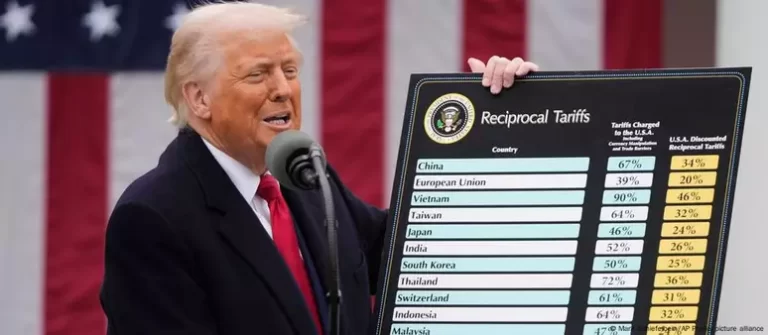
The Trump administration’s efforts to significantly curtail the functions of the Consumer Financial Protection Bureau, the banking watchdog established in the wake of the 2008 global financial crisis and the subprime mortgage disaster, have left it in disarray.
The CFPB was essentially shut down last month when its employees were ordered to cease work; however, a federal judge has since challenged that order.
Experts told CNN that despite the CFPB’s serious weakness, Americans shouldn’t be overly concerned about a recurrence of the subprime mortgage crisis that gave rise to the agency. The CFPB is responsible for ensuring that banks, lenders, and other financial companies treat consumers fairly. Americans who borrow money are better protected because banks and lenders are now subject to stricter regulations than they were in the years preceding the financial crisis.
However, Americans may need to become their own consumer advocates when interacting with lenders of all kinds due to the lack of an organization that frequently serves as a safety net for consumers.
The goal of the CFPB is to safeguard people. Many people had been used after the financial crisis, according to John Griffin, a professor of finance at The University of Texas at Austin who has maintained that widespread fraud contributed to the collapse. “However, I don’t believe the CFPB could prevent another financial crisis.”
The agency was established as part of Dodd-Frank, a 2010 federal law that was implemented in an effort to address the financial vulnerabilities that led to the global financial crisis. It was the idea of Democratic Senator Elizabeth Warren when she was a professor of law at Harvard. According to the CFPB, since then, it has provided $19.7 billion in consumer assistance to 195 million eligible individuals.
According to Warren’s comments to CNN, “it is dangerous to gut consumer protections while allowing financial firms to take on greater risk.” “Policymakers cannot afford for working families to make the same mistakes they have in the past.”
A request for comment on the effects of the CFPB’s latest reforms was not answered.



